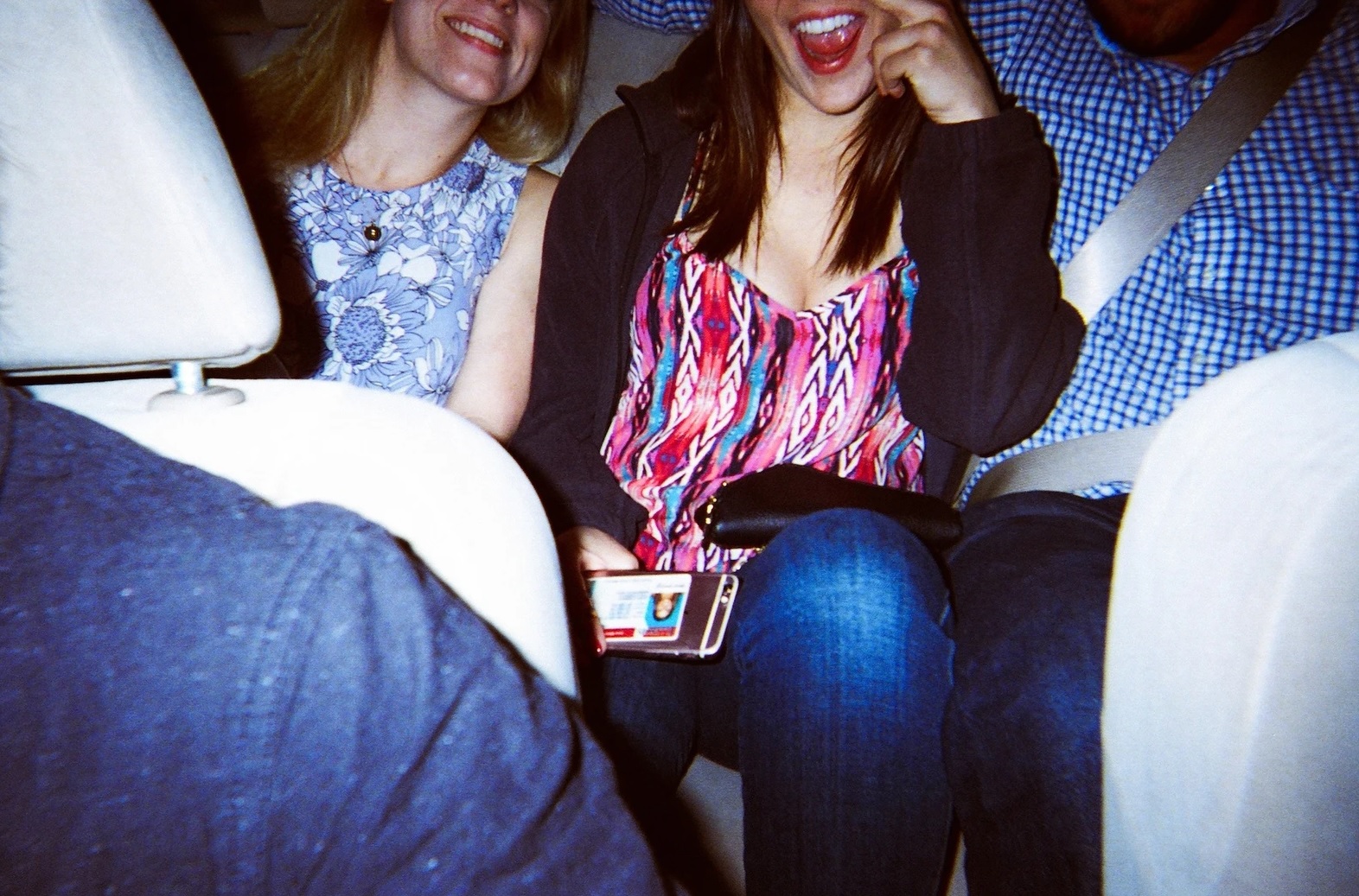Oct. 21, 2019
About a year ago on a breezy summer morning at around 8 a.m., University of Maryland student Mae Babbington climbed into an Uber.
It was a short ride from Bethesda to Chevy Chase—about seven minutes total. But it felt a lot longer.
During the first minutes, Babbington’s driver asked where she was going. She said told the truth—her friend’s house.
In the next few, he asked where she lived. Getting suspicious, she lied. In the same breath, he asked where she was in school. She lied again—fearing that if she declined to answer, he might get angry.
At the end of the ride, he asked if they could exchange numbers.
“[He said] I was so beautiful, young and full of life and my skin looked soft,” she said. “Something super creepy like that.”
Nervous, she lied, telling the much older man that she was 15. He didn’t budge.
“I didn’t actually think that it was going to go that far—that’s so against the Uber policy,” she said. “And he was so old—it was creepy.”
When she got home, she ran inside and told her mom. She never reported the incident.
Babbington’s story is far from unique. It’s also far from the most dangerous story.
An investigation by CNN last April found that at least 103 Uber Technology Inc. drivers were accused of sexual assault or abuse in the past four years. Many of those passengers were intoxicated, the article read.
Babbington said this fact was especially dangerous to college girls who take Ubers after a night of drinking in revealing clothes.
“I do feel a little self-conscious that they’re looking at me... they know they’re picking up girls that are going out and drunk,” she said. “And obviously if you’re blackout drunk, [you] take no precautions.”
The company was also criticized for its driver screening process. Despite passing Uber’s background check procedures, almost 4,000 drivers were fired in the state of Maryland for not passing the state’s background check in 2017, according to an article by The Washington Post.
Alhough Uber has updated their driver screenings to make background checks more frequently, SUI investigators found that Uber has a three strike policy with drivers.
In one instance, a driver from New York made three attempts of sexual assault on riders—and when he reached that third strike, his punishment was overruled by an executive, according to an September Washington Post article.
The driver was allowed to continue driving, investigators found, until he eventually raped a passenger.
Babbington said she has heard of situations where dangerous drivers have bypassed the system.
This past summer, she was in an Uber swarmed with over ten flies inside, causing her to feel nauseous. The driver was swerving and almost hit a pedestrian. That night, when she was taking another Uber back, she told her new driver about the incident—who Babbington said had a shocking response.
He replied that the bad driver is a “known creep” and stalks female Uber drivers in the area—and that he has been complaining to get him off the app for months with no success.
She complained this time—mentioning the unsanitary nature of the car and also what the other driver had told her. Uber told her that the company would look into her complaint. The driver is still listed on the app as a driver, Babbington said.
After a University of South Carolina college student got into a car that she thought was her Uber after an August night at a bar, she was kidnapped and was found murdered. Following the incident, Uber rolled out an initiative to partner with various college safety organizations to increase safety education for students.
For its campaign, the company worked alongside the National Crime Prevention Council and Young Minds Inspired—creating a campus safety initiative guide. For ridesharing safety, it provided tips like sitting in the backseat so you can exit quickly if needed and check that their license plate matches what is shown on the app.
After initial contact with Carly DeBeikes, a communications employee at Uber, she neglected to answer any questions about these incidents or the new safety rules.
Though she agreed that generally taking care of your own safety is important, Sophia Blake, the president of Preventing Sexual Assault at Maryland, said that the pressure should not be on having responsible passengers—it should be on having responsible drivers.
“It’s not someone’s responsibility to not take an Uber or not drink because they’re worried their driver will make a pass at them,” Blake said. “I think it's more important for Uber or Lyft to not hire drivers with questionable intentions.”
Babbington said that although she doesn’t think too often about the incidents anymore, she always makes sure to wait and watch her friends get into the Uber if they’re leaving without her.
She also screenshots the driver’s profile and sends it to her mom or her best friend before she gets in the car to let them know who she is with in case anything happens.
It makes her feel safer when she is alone and nervous, she said.
“We’ve all seen instances of people getting killed,” she said. “I don’t want another person to have a bad experience.”
